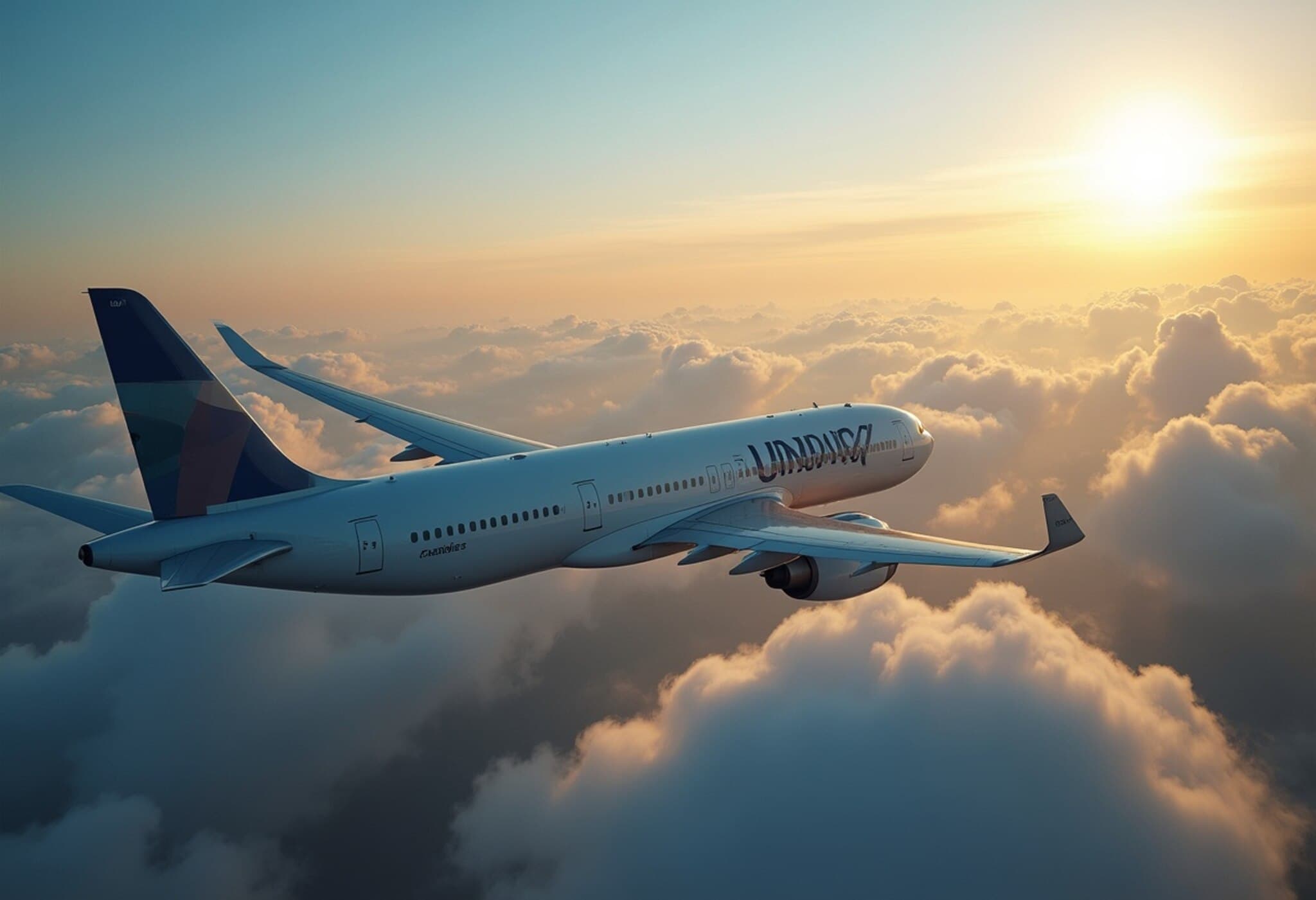Blurring Lines: The Rise of ‘Bleisure’ Travel Among Business Professionals
For many professionals, the grind of frequent business travel carries a familiar sting: hours away from family, missed milestones, and the sporadic loneliness that comes with hotel rooms and airport terminals. But a recent trend is changing how business trips are experienced — inviting friends, family, and sometimes even pets along. This blending of business and leisure, often called “bleisure” travel, is quietly reshaping corporate travel norms across the globe.
Family and Friends Hitching a Ride on Business Trips
A newly released survey conducted by TravelPerk, a prominent travel technology company, polled 4,000 professionals across the United States, United Kingdom, Germany, and Spain. It found that over half (55%) of business travelers have invited loved ones to accompany them during work trips. Among C-suite executives, this figure rises dramatically to 73%.
Participants reported a diverse range of companions — partners (53%), children (22%), friends (21%), and even pets (7%) — joining business trips. Natasha Colkmire, an American entrepreneur who runs a travel website, shared her personal experience: after becoming a mom, she was reluctant to leave her newborn behind. Instead, she arranged for family members to accompany her on trips, allowing her to juggle work while staying close to her son. “They’d meet me when my son needed to be fed, and we’d have evenings together,” she explained. It was a win-win: she maintained professional commitments while nurturing family bonds.
Why Are Business Travelers Combining Work and Leisure?
Emotional Connection and Combatting Travel Loneliness
Jean-Christophe Taunay-Bucalo, President and COO of TravelPerk, elaborates on the emotional dimension: “Traveling for work can feel isolating. Bringing a loved one on board offers companionship, helping maintain normalcy and connection even when away from home.” For busy professionals, the chance to share new experiences while balancing deadlines can enhance well-being and productivity.
Financial Benefits: Stretching the Travel Dollar
Bringing family along also presents practical financial advantages. Colkmire recounted joining her husband on a business trip to Vienna — by sharing lodging and logistics, they halved their expenses, enabling them to explore new destinations affordably. Similarly, Bridgette Borst Ombres, a PR consultant who once worked as a journalist, used business conferences to create cost-effective family vacations. At a tech event in Orlando, for example, while she attended sessions during the day, her husband took their toddler daughter to visit relatives nearby. The family then stayed additional days at Walt Disney World, paying personal expenses but capitalizing on the company's coverage for conference-related costs.
Corporate Culture and the Policy ‘Grey Zone’
Despite its popularity, bleisure travel occupies a somewhat ambiguous space in corporate policies. Frank Harrison, regional security director at World Travel Protection, notes it’s commonly accepted but not always openly discussed. Ombres admits, “I didn’t broadcast my travel plans at work because I worried it might seem unprofessional.”
Deepak Shukla, CEO of the marketing company Pearl Lemon, takes a more open stance, sharing that he frequently extends short business trips into week-long getaways with his wife in cities like New York, Dubai, and Tokyo. “If the work is completed and expenses are properly managed, it shouldn’t matter,” he says. However, he cautions many large corporations hesitate, mainly due to concerns around expense claims, insurance liabilities, and tax complexities when personal days overlap with business days.
Setting Boundaries: Business Comes First
Clear expectations remain crucial. Ombres advocates for trust in responsible professionals: “As long as work commitments are fulfilled, personal time during trips shouldn’t be micromanaged.”
Gabe Richman, CEO of biotech firm Omic, echoes this balance — encouraging employees to bring loved ones along while ensuring company interests aren’t compromised. He advises precise separation of personal and business expenses and transparency with employers to maintain trust.
Richman reflects on personal experience: “Business travel takes me to places my family wouldn’t otherwise visit. Why not make the most of it?” This mindset highlights how bleisure travel can enrich both professional life and personal well-being when managed thoughtfully.
Looking Ahead: The Growing Scope of Bleisure Travel
According to Allied Market Research, the bleisure travel sector was valued at $315 billion in 2022 and projections estimate it could more than double to $731 billion globally by 2032. This explosive growth signals shifting attitudes toward work-life integration and corporate travel management.
As hybrid work models and remote technologies evolve, so too will business travel practices. Employers and employees alike grapple with designing policies that accommodate life’s realities without sacrificing productivity or professionalism.
Key Takeaways:
- More than half of business travelers have brought family or friends on trips; the practice is even more prevalent among executives.
- Companionship, cost savings, and work-life balance drive this trend.
- Companies often tolerate the practice but may lack explicit policies, creating a ‘grey zone’ around expenses and liability.
- Transparency, setting boundaries, and separating personal and business costs are essential for success.
Editor’s Note
The growing trend of integrating personal life into business travel reflects broader societal shifts toward flexible work environments and blurred boundaries. While bringing loved ones along offers emotional and financial benefits, it challenges traditional corporate policies rooted in clear-cut separations between work and leisure.
Future research and policy development should explore how to formalize these arrangements in ways that respect professional standards while fostering employee well-being. Employers might consider creating explicit guidelines that support responsible bleisure travel, addressing expense management, liability concerns, and performance expectations.
For business travelers contemplating whether to bring a companion along, the key lies in balancing professionalism with personal fulfillment—making trips not just necessary obligations but enriching experiences.











